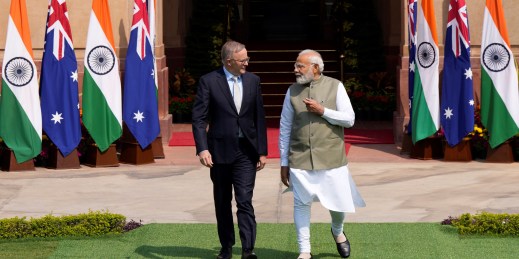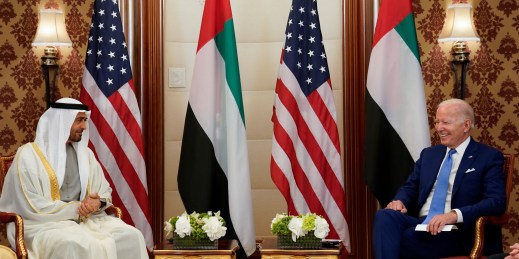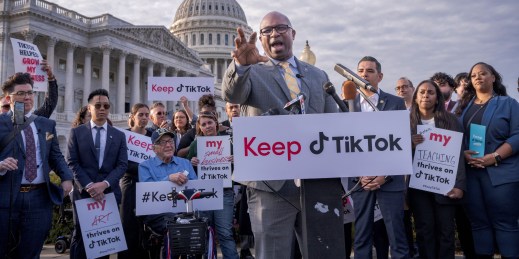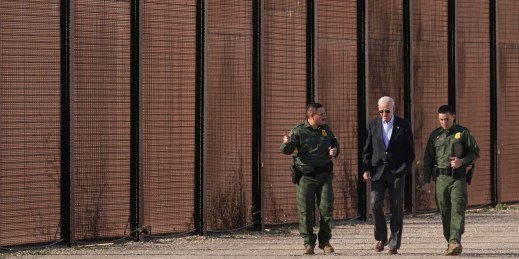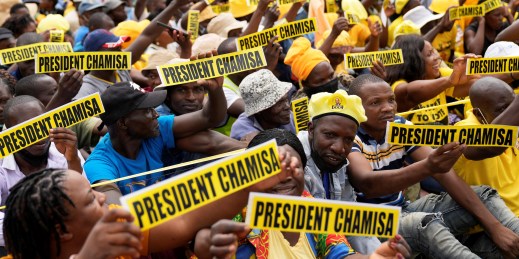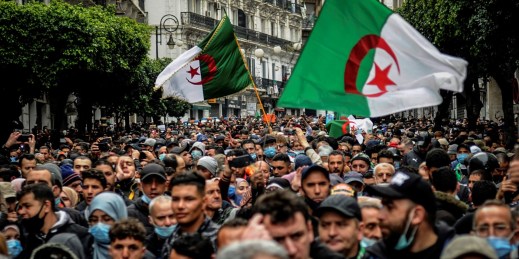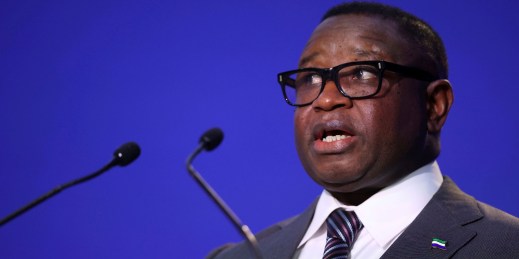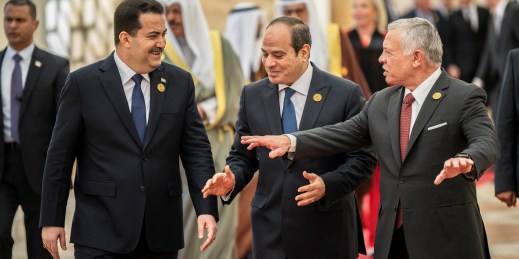
Though the Iran-Saudi Arabia normalization deal was mediated by China, Baghdad played an important role in pushing it across the finish line. That diplomatic initiative reflects Iraq’s broader efforts toward regional reintegration, which has been a key priority, not least because regional animosities often play out inside Iraq.

